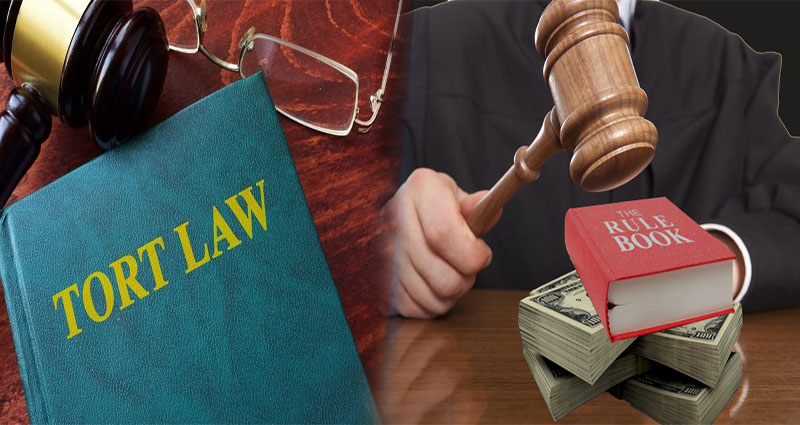Parental duty of care is a fundamental legal concept that places a responsibility on parents to ensure the safety, well-being, and development of their children. It is a critical aspect of family law and plays a significant role in shaping legal decisions regarding child custody, negligence, and other parental responsibilities. Analyzing legal precedents and understanding their implications can provide valuable insights into the evolution and interpretation of this crucial duty.
Understanding Parental Duty of Care
Parental duty of care refers to the legal obligation of parents to provide necessary care, protection, and supervision for the benefit of their children. It encompasses various aspects, including ensuring the child’s physical safety, emotional well-being, education, and moral development. This duty is generally expected to be exercised with reasonable care and prudence, considering the circumstances and the child’s best interests.
Analyzing Legal Precedents
Legal precedents play a vital role in shaping the understanding and application of parental duty of care. By examining past cases and court decisions, we can gain insight into the legal principles and standards that have been established over time. Let’s analyze a few key legal precedents and their implications for parental duty of care:
Landmark Case: Donoghue v. Stevenson (1932)
In this influential case, the concept of “neighbor principle” was established, which expanded the scope of duty of care beyond familial relationships. The court held that individuals owe a duty of care to those who are closely and directly affected by their actions. While this case may not deal explicitly with parental duty of care, it set the foundation for the broader duty of care framework that later influenced cases involving parents’ responsibilities towards their children.
Case Study: McKeown v. Kincaid (1992)
In this Canadian case, the court emphasized that the standard of care expected of parents is not one of perfection, but rather one of reasonable behavior. It recognized that parents cannot protect their children from every harm, but they are expected to take reasonable steps to ensure their safety and well-being. This case helps establish the reasonable person standard when evaluating parental duty of care.
Implications of Negligence Cases
Many precedents involve negligence claims against parents for failing to fulfill their duty of care. These cases highlight the importance of parental supervision, child safety, and the prevention of foreseeable harm. They emphasize that parents are expected to be proactive in identifying and addressing risks to their children’s well-being.
The Evolving Legal Landscape
Legal precedents evolve over time as societal norms, scientific understanding, and cultural perspectives change. Recent legal developments and societal shifts have influenced the interpretation and application of parental duty of care. Factors such as increased recognition of children’s rights, changing family dynamics, and an enhanced understanding of child development have shaped the legal landscape.
Courts now consider the individual needs and vulnerabilities of children when determining parental duty of care. They take into account factors such as age, maturity, special needs, and the child’s changing capacities to assess whether the parents have fulfilled their duty. An understanding of these emerging legal dynamics is essential for both legal professionals and parents navigating the complexities of parental duty of care.
Analyzing legal precedents and their implications for parental duty of care helps us understand the evolving legal standards and expectations placed on parents. It is crucial for parents to be aware of their legal responsibilities and make informed decisions regarding the care, well-being, and safety of their children. By examining past cases and the changing legal landscape, we can better comprehend the legal principles that guide parental duty of care and work towards ensuring the best interests of children in our society.










